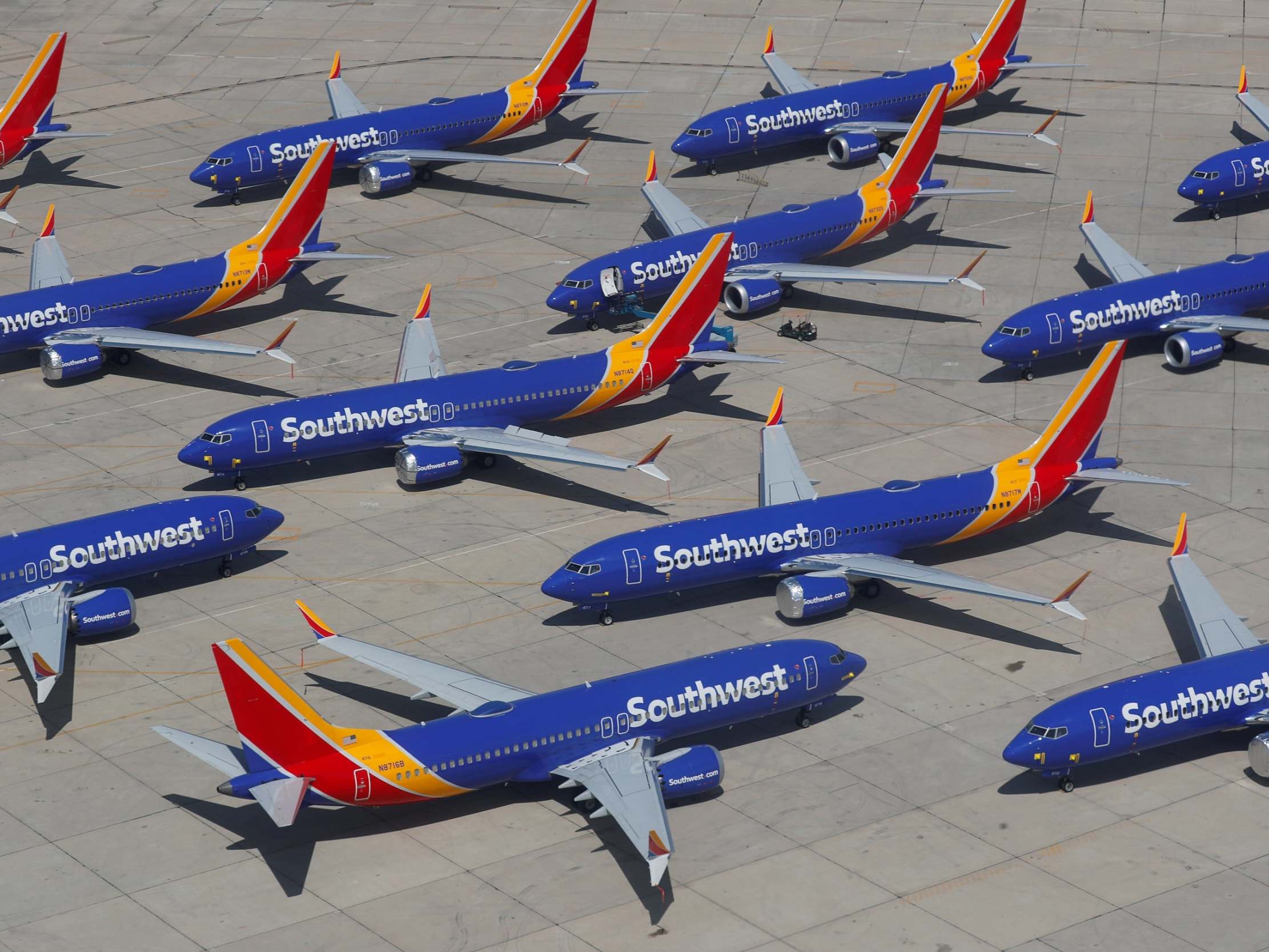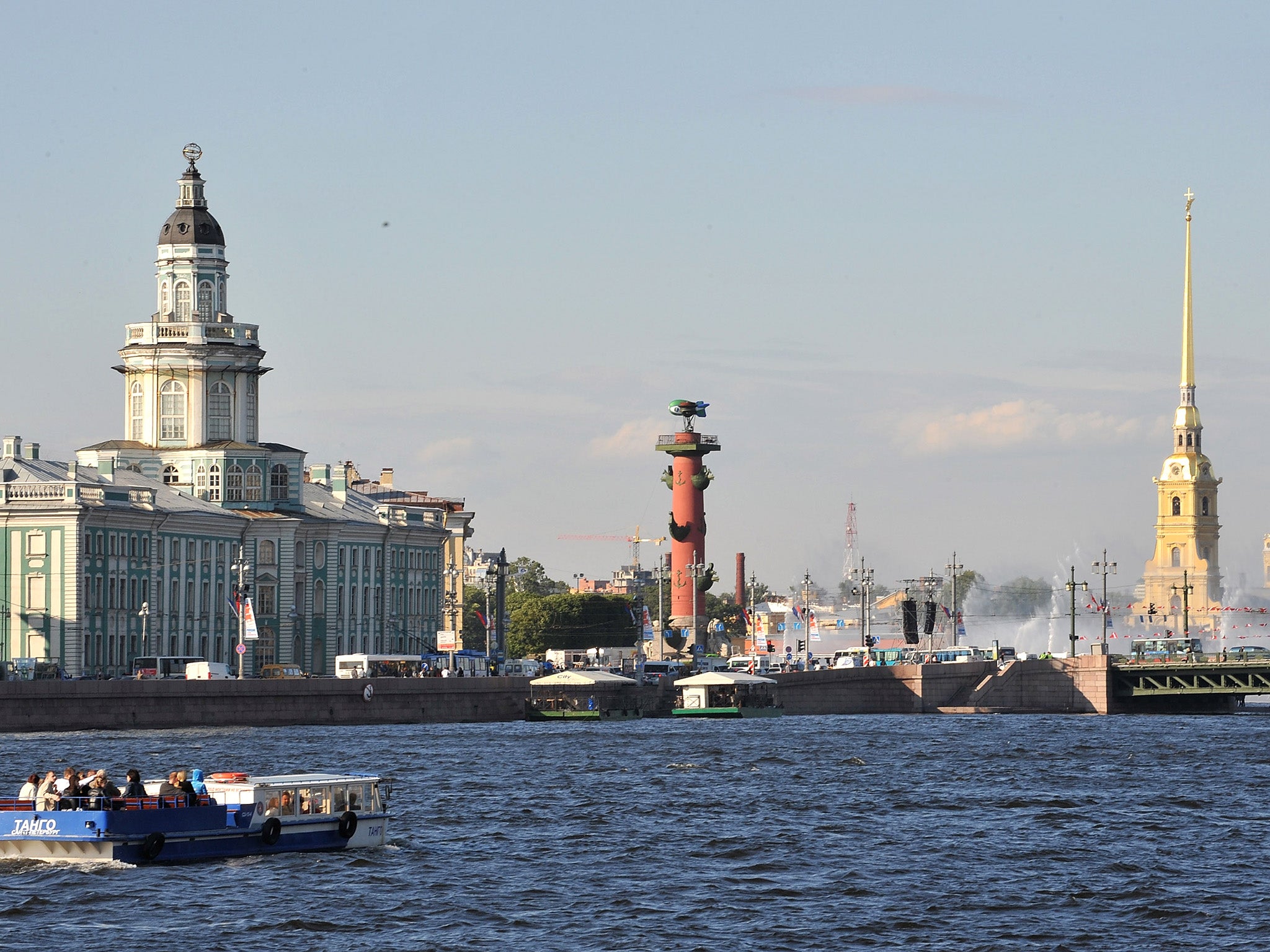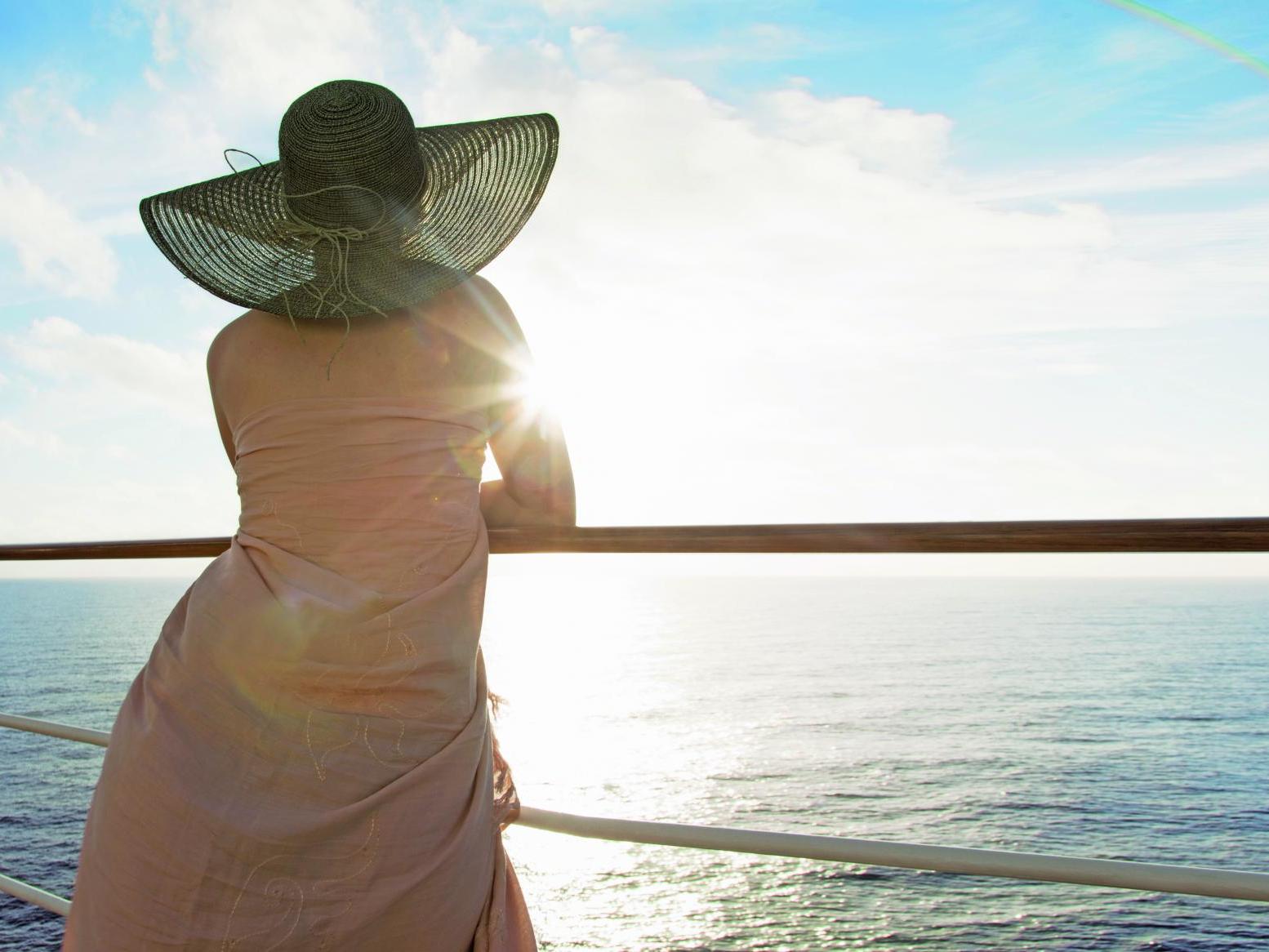Avoiding the Boeing 737 Max, acquiring a Russian e-visa and BA strike fears
Have a question? Ask our expert Simon Calder


Q I read that Boeing expects the 737 Max to be back in the air by October. I’m a frequent flyer but I really don’t feel comfortable with the idea of flying on one. What can I do to avoid it?
Joanna D
A No doubt you will have flown dozens of times on the Boeing 737. More have been made than any other airliner in history. But the latest variant of the twin-jet plane was grounded worldwide after two fatal crashes – one in Indonesia and another in Ethiopia – which killed a total of 346 people. Common to both crashes was the uncommanded deployment of an anti-stall measure known as the Manoeuvring Characteristics Augmentation System, in response to a faulty instrument reading. In both accidents the pilots battled vainly to defeat the system, which forced the nose down to counter a non-existent stall.
Within a few days all 371 Boeing 737 Max planes worldwide had been grounded. The manufacturer insisted it had full confidence in the plane and that the flight ban was necessary only “out of an abundance of caution and in order to reassure the flying public of the aircraft’s safety”. Since then US regulator the Federal Aviation Administration, foreign safety authorities and the airlines that operate the plane have been overseeing the work that is intended to make the Boeing 737 Max safe.
Boeing believes it will be cleared to fly commercially from October. But if you are not happy to fly on one, then the easiest option is to avoid airlines that either have the 737 Max in their fleets or are about to receive them – which include Norwegian, Tui Airways and Ryanair. Alternatively, you can still fly on these airlines but try to ensure you will not be on the Boeing 737 Max. Carriers generally specify the plane type intended to fly a particular route in their schedules.
But be aware that last-minute changes may mean that, say, a Boeing 737 Max replaces another type – or even that an all-Airbus operator charters in a 737 Max from a different airline to cover for a gap in its fleet. All airlines reserve the right to replace the promised model of aircraft, so I am afraid there is no guaranteed way to avoid a particular plane type. All I can say is that by the time it re-enters service, the Max will be the most tested plane in aviation history, and I would be fully reassured that the plane is safe.

Q I saw on Twitter that Russia is now issuing e-visas for the city of Kaliningrad and, soon, St Petersburg. But I can’t find more details about how to apply and how much it costs. Can you help?
Ian R
A The world’s largest country has about the most onerous visa rules of any leading tourist destination, starting with a long and complicated form (including listing all the nations you have visited in the past 10 years), an obligation to provide evidence of your travel plans in Russia, a demand for over £100 in visa fees and service charges, and the necessity of attending a Russia Visa Application Centre in London, Manchester or Edinburgh to be photographed and fingerprinted.
So anything that makes access easier is to be celebrated. During 2018’s highly successful World Cup in Russia, fans with tickets were allowed to travel without a visa during the tournament and for the remainder of the year. That proved highly successful and boosted Russia’s tourist industry. As a result, it seems the rules are slowly easing.
The first step: to introduce free e-visas for Kaliningrad, the exclave Russian region tucked between Lithuania and Poland. Starting this month, visitors from almost all European Union nations, as well as North Korea, Indonesia and the Philippines, can apply at evisa.kdmid.ru. Applications are accepted between 20 and four days in advance of travel, and the e-visa is issued for 30 days – though within this window you can stay for a maximum of eight days. Travel is not allowed deeper into Russia.
The same arrangement is likely to apply for visits to St Petersburg from 1 October, and soon to the Far Eastern Federal District – a vast swathe of eastern Siberia whose hub is Vladivostok.
But there is one huge catch for British travellers: because of the political tension that has prevailed since the poisoning of the Skripals in Salisbury, UK passport holders are excluded. Unless and until this changes, the best visa-free option for British travellers wanting to visit Russia’s most beautiful and spectacular city is to sign up for a Baltic cruise that includes St Petersburg, or a ferry trip from Finland. Passengers are allowed ashore without a visa so long as they are taking an officially approved excursion.
Alternatively, plan to visit in June next year when St Petersburg is one of the venues for the Euro 2020 football tournament: it is likely that ticket holders will once again be granted visa-free access. Even if you have no interest in the game, it will prove cheaper and easier than obtaining a tourist visa.

Q Back in January we booked a cruise from Athens departing on 16 August and a British Airways flight from Heathrow to Athens for the day before. It is of course essential that we reach the city in time for the voyage. So I have been watching with mounting concern your account of the possible strike by BA pilots.
Given the circumstances and uncertainty, shouldn’t I be able to claim a full refund and book with someone else? Right now easyJet has flights for about £80 one-way on 16 August, and I fear that if I wait the price will rise and the flight could sell out.
Megan D
A Nearly 4,000 members of flight crew who work for British Airways and belong to the British Airline Pilots’ Association (Balpa) have voted in favour of industrial action in a dispute over pay.
BA tried to get the strike vote annulled in the High Court, and is appealing against the rejection of its injunction. But at present the union has a strong mandate for a stoppage.
The general secretary, Brian Strutton, has assured me no strike will begin before 13 August – and stresses that no dates have been set, in the hope that British Airways will come up with an improved offer.
Plainly there is uncertainty for millions of passengers with bookings for British Airways in August and beyond; the strike mandate is valid for six months, stretching into 2020.
It is possible that the pilots could declare a month-long stoppage from mid-August, but I very much doubt that.
If, though, 16 August is one of the dates selected for a strike, then several things will happen very quickly. British Airways is likely immediately to offer full refunds to anyone booked on strike dates, in order to reduce the scale of the problem. Fares on other airlines will soar as passengers in your position wrestle for alternative flights. And BA’s contingency plans will come into effect.
The airline would undoubtedly bring in planes from other airlines, and it is possible that your flight is one of those which will be assigned to a different carrier. But if it isn’t, you have the right to insist that British Airways flies you on an alternative carrier – and if the only seats remaining are business class on Aegean, so be it.
In your position, I would try to relax; all the more so if you have done the wise thing of booking flights and accommodation in a single transaction, in which case the travel company through which you booked has to work on a solution.

Q I am booked on a fly-cruise through Iglu. The flight is with easyJet to Venice where we pick up the cruise ship. What happens if the easyJet flight is delayed or cancelled and we miss the departure of the cruise ship?
Dennis R
A Your enquiry is timely, because regrettably there are hundreds of people this weekend who are wondering right now how to connect with their cruise ships. They were caught up in the wholesale cancellation of British Airways flights from Heathrow and easyJet departures from Gatwick following extreme weather and air-traffic control problems. Many cruise-related flights to Venice, Palma and Athens were among those cancelled.
Those who booked flights and cruises separately are desperately trying to find seats over the busiest weekend of the year in order to reach the port before their ship leaves. Fortunately, you have done the right thing by booking a fly-cruise. You have booked a package holiday under the definition of the Package Travel Regulations, which means that the company must deliver what you bought – or make amends.
The chance that your flight to Venice will be seriously delayed or cancelled is low. But if it is, and your chances of joining the ship are jeopardised, then Iglu must do all it can to find alternative flights. In this deal, easyJet is providing Iglu with a service in connection with Iglu’s contract with you. While airlines are required to get you to your destination as soon as possible, they are not, in my experience, as adroit as they might be in sourcing alternative flights. But since Iglu has a financial interest in getting you to the ship, it may be more nimble.
If you miss the ship in Venice, not all is lost: Iglu can try to get you to the next port, again at its expense. But if it reaches the point where you have to forego the whole trip, at least you will be sure of getting all your money back.
Email your question to s@hols.tv or tweet @simoncalder
Join our commenting forum
Join thought-provoking conversations, follow other Independent readers and see their replies
Comments